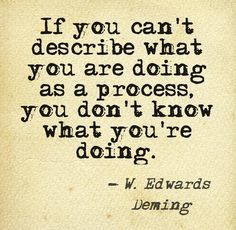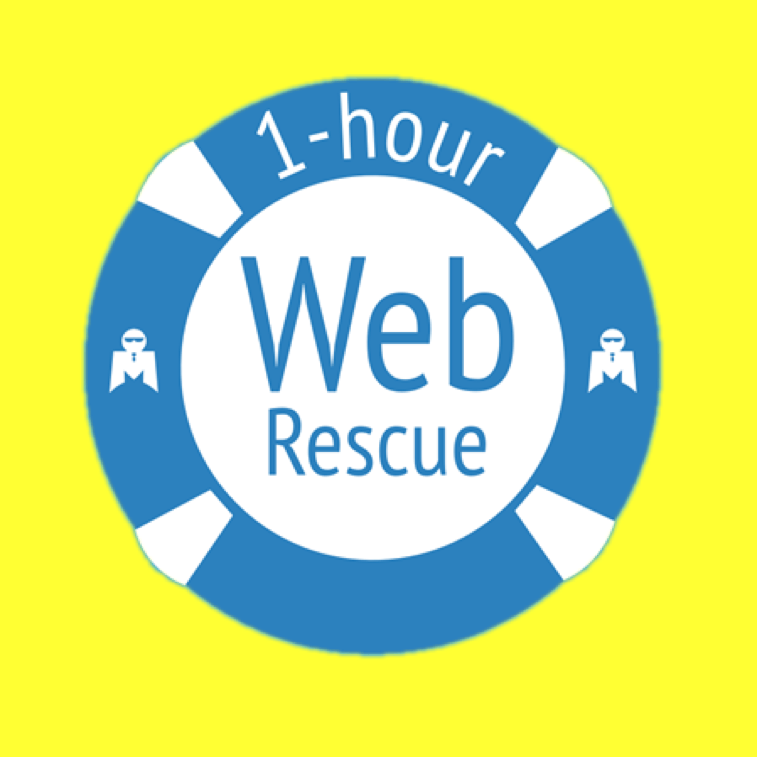Countless people have strong and varying opinions concerning the meaning of life, but ultimately, the answer to this mystery is mostly out of reach. There is no need to be too bummed out over this, however, as individuals can still search for (and discover!) their own purpose in life.
Not sure if your life has any meaning? Chances are you just have not found it yet. The first thing you need to do is:
Stop using your brain.
 Humans have the extraordinary ability to exercise critical thinking and pattern recognition skills that are, no doubt, exceedingly important in the business world, but this ability can be downright useless for other tasks.
Humans have the extraordinary ability to exercise critical thinking and pattern recognition skills that are, no doubt, exceedingly important in the business world, but this ability can be downright useless for other tasks.
When on a path to discover your true purpose, consider focusing on feelings and pure emotion. Compare what truly fills you with joy to what leaves you feeling merely placated.
If you are on your path to discovering your purpose online, you may want to hop out of your chair because:
You need to get moving.

Frustrated after still not knowing your purpose? In all likelihood, you are probably overthinking things, which is frustrating and only leads to ineffective stressing and contemplation. So, get up, get outside and move around. Does a rainy day have you holed up inside your home? Try reading a book or attempting a new recipe. As long as it gives your mind a break, whatever activity you choose is fine, and when you return to the journey to discover your purpose, you will likely be able to spot cleared paths that, although now obvious, were previously shrouded in doubt.
Even if the majority of people cannot agree on what the overarching meaning of life is, developing an understanding of what your purpose in life is can be a tremendously useful and intimate tool to help guide you through the ups and downs of not only the world of business and entrepreneurship, but of life as well.



 Successful entrepreneurs understand that wealth does not magically accumulate overnight. Instead, careful and calculated steps toward goals can typically yield the most profitable results possible.
Successful entrepreneurs understand that wealth does not magically accumulate overnight. Instead, careful and calculated steps toward goals can typically yield the most profitable results possible.
 Out-of-date websites are simply unacceptable in today’s business world. Consumers are smarter and equipped with more technology than ever before, and they are searching for the most convenient, easiest and fastest option. If your website has problems, it can affect your brand, the foundation of trust with customers and, ultimately, your bottom line. It is simply too risky to have a bad website, but you may not have the time, resources or technical skills to make the needed improvements.
Out-of-date websites are simply unacceptable in today’s business world. Consumers are smarter and equipped with more technology than ever before, and they are searching for the most convenient, easiest and fastest option. If your website has problems, it can affect your brand, the foundation of trust with customers and, ultimately, your bottom line. It is simply too risky to have a bad website, but you may not have the time, resources or technical skills to make the needed improvements.  At Virtue Marketing, we offer web repair services to businesses of all kinds. We help insert functionality and improve the overall navigability of your site. In just one hour, our team of skilled web designers can identify problems and develop a solution that will improve your site and make it easier to connect with your customers. Working with a skilled web developer does not have to compromise your bottom line. These services are available on an hourly basis, so no long-term commitment is required in order to get the results that you need.
At Virtue Marketing, we offer web repair services to businesses of all kinds. We help insert functionality and improve the overall navigability of your site. In just one hour, our team of skilled web designers can identify problems and develop a solution that will improve your site and make it easier to connect with your customers. Working with a skilled web developer does not have to compromise your bottom line. These services are available on an hourly basis, so no long-term commitment is required in order to get the results that you need. 
 Finding the best route to build a business that reflects a personal purpose often starts in the business plan. Consider the three big Ps — product, profit and purpose. A solid and well-defined business plan will address all three of these, the most important of which is purpose.
Finding the best route to build a business that reflects a personal purpose often starts in the business plan. Consider the three big Ps — product, profit and purpose. A solid and well-defined business plan will address all three of these, the most important of which is purpose. Things like products and profits come secondary to purpose because there can be no sustainable growth, product development or growing profits without the focus, drive and heart that an intertwined personal and business purpose will inspire.
Things like products and profits come secondary to purpose because there can be no sustainable growth, product development or growing profits without the focus, drive and heart that an intertwined personal and business purpose will inspire.

 Schedule breaks. There’s a reason that employment law mandates breaks for workers after so many hours. Even without a set schedule, try setting an alarm every four hours while you work. When the alarm goes off, take 10 minutes to walk around, grab a drink of water or just get outside for a breath of fresh air. Doing this will help your mind relax, making it easier to focus when you get back to work.
Schedule breaks. There’s a reason that employment law mandates breaks for workers after so many hours. Even without a set schedule, try setting an alarm every four hours while you work. When the alarm goes off, take 10 minutes to walk around, grab a drink of water or just get outside for a breath of fresh air. Doing this will help your mind relax, making it easier to focus when you get back to work.

 Even after attempting all of the above, it may be evident that a particular business relationship will not work. You, as a business owner, have the right to protect yourself, your employees and your overall well being by whatever means necessary, even if it means that you will lose a client. At the end of the day, a profit may not be worth dealing an abrasive, insulting or impossible-to-please client—and frankly, that is just fine.
Even after attempting all of the above, it may be evident that a particular business relationship will not work. You, as a business owner, have the right to protect yourself, your employees and your overall well being by whatever means necessary, even if it means that you will lose a client. At the end of the day, a profit may not be worth dealing an abrasive, insulting or impossible-to-please client—and frankly, that is just fine.
 In a society that prizes fast returns on virtually everything, it is important to remember that a little patience can go a long way. When done in a sustainable manner, slow growth and accumulation of wealth is actually a good thing.
In a society that prizes fast returns on virtually everything, it is important to remember that a little patience can go a long way. When done in a sustainable manner, slow growth and accumulation of wealth is actually a good thing. Amid the many get-rich-quick schemes that plague the online world, there are real opportunities for growing wealth with a business. With a solid understanding of investment, business principles and the nature of patience, building wealth might just be the easiest part of running a company.
Amid the many get-rich-quick schemes that plague the online world, there are real opportunities for growing wealth with a business. With a solid understanding of investment, business principles and the nature of patience, building wealth might just be the easiest part of running a company.